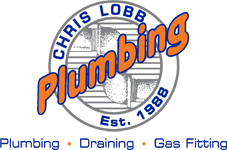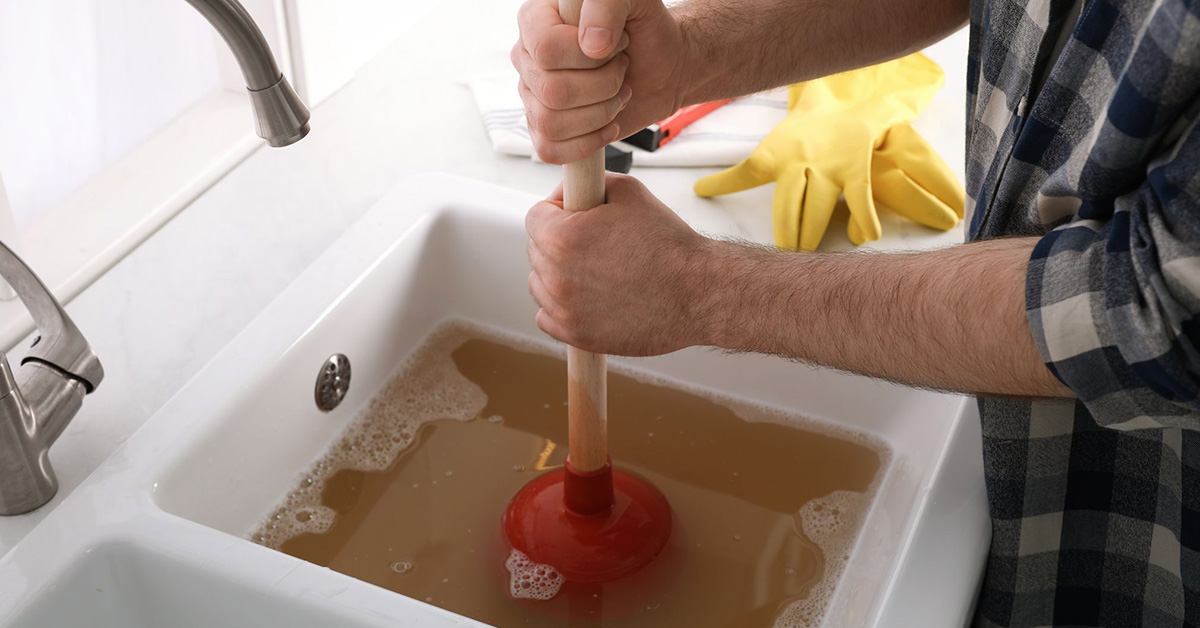DIY Blocked Drain Maintenance Tips For Sydney North Shore Homes
One of the most common plumbing issues Aussie homeowners and renters experience is that of slow or clogged drains. Blocked drains in the Lower North Shore are just as common as anywhere and this article offers practical DIY tips on recognising blocked drains, the common causes of blockages, preventative maintenance routines and a step-by-step guide on what you can do to clear a slow or clogged drain.
What Are The Signs Of A Clogged Drain?
Generally, we don’t think too deeply about our home’s plumbing until a problem arises. However, if you know how to identify the signs that a drain might be becoming clogged, you can prevent a major plumbing headache. With this in mind, here are some things to be aware of when it comes to slow and clogged drains.
THE WATER DRAINS SLOWLY
Whether it’s the kitchen sink or the drain in the shower, if the water seems to be taking an eternity to drain away, it’s a sure sign that there’s debris caught somewhere in the pipe that’s slowing down the draining process.
BAD ODOURS COMING FROM YOUR DRAIN
This is another classic sign that something’s stuck in your drain that doesn’t belong there. If you detect offensive odours coming from any of your household drains, there’s a very high chance that it’s starting to clog up with gunk.
WATER BACKS UP INTO YOUR SINK OR BATHTUB
One obvious sign of a block is when water backs up into your bathtub or sink. If this happens, you’ll need to clear the block as soon as possible, or call us in for professional assistance.
YOU HEAR STRANGE GURGLING NOISES COMING FROM YOUR PIPES
Clear drains don’t make a sound, so if you hear eerie gurgling noises emanating from one of your drains, there’s a high chance it’s starting to clog up.
What Are The Common Causes Of Blocked Drains?
Just general daily life can eventually lead to drains becoming blocked. However, there are often extenuating circumstances that lead to clogs occurring. In many instances, you can avoid blocked drains if you do the right things. Here are some of the more common causes of blocked drains.
AN ACCIDENTAL FLUSH
This can apply to regular household drains as well as the toilet. Kids often place things in drains that don’t belong and small toys or other items might get stuck in the pipe and clog it up. When it comes to blocked toilets, it’s most often the result of flushing things down the bowl that shouldn’t be there in the first place. Common culprits are paper towels, wet wipes and sanitary napkins.
A BUILDUP OF GREASE
This is a very common problem with the kitchen sink. Every time you pour oil down the drain, it coats the pipes with sticky gunk. When you flush food particles down the drain, they adhere to the sticky grease and all the debris starts to accumulate. This eventually leads to a slow or completely blocked kitchen drain. Never pour grease and oil down the kitchen sink.
HARD WATER DEPOSITS
In some areas, what’s known as hard water (a high degree of calcium in the water) can lead to drain blockages. Calcium builds up in layers, gradually narrowing the interior of the pipe and restricting water flow.
HAIR AND SOAP SCUM
Slow and blocked drains in bathrooms are most commonly the result of a build-up of soap scum and hair. It’s hard to avoid hair and soap going down the drains, but hair especially acts like a net, trapping debris in the pipes.
LINT
Laundry drains will usually clog up with lint from the washing machine, or from hand washing clothes in the tub. Once again, soap scum, fabric softener and human hair can be the culprits too.
Tips For Clearing Blocked Drains
Let’s now look at some handy household tips for clearing slow and clogged drains in your home.
THE BOILING WATER METHOD
Sometimes boiling up the kettle and pouring the water directly down the drain can free the block. This is especially true of the kitchen sink, where the likely culprit is a build-up of grease and oil. The boiling water will dissolve the grease and free the block.
USE A PLUNGER
It’s always handy to have a good quality plunger in the house for clearing drains and blocked toilets. Simply place the rubber head of the plunger over the clogged drain and plunge away with the water running. If the first attempt doesn’t free the block, give it another try. Often a plunger will do the trick.
TRY BAKING SODA AND VINEGAR
The first step in the process is the boiling water method. Pour boiling water down the blocked drain, then add half to one cup of baking soda and let the drain sit for half an hour. Follow up with a cup of white vinegar, followed by another kettle of boiling water. Cover the drain for five to ten minutes to allow the mixture time to dissolve the clog.
USE A PLUMBER’S SNAKE TO FREE THE DEBRIS
Also known as an auger, a plumbing snake is a length of flexible wire that is fed down the drain or into the toilet until it reaches the clog. Once it has, jabbing at the blockage with the end of the snake will usually free even the most stubborn of clogs.
CHECK THE U-BEND BELOW THE SINK OR DRAIN
This is the most common place in the pipes where a block will occur. Many u-bends have a cap on the bottom. You can screw off the cap, which then allows easy access to clear debris build up.
A WIRE COAT HANGER MIGHT DO THE TRICK
Acting as a shorter version of a plumbing snake, unravelling a wire coat hanger and poking it down the drain will free up clogs that are not far down the pipe, such as blockages in the u-bend.
Maintenance Tips For Preventing Blocked Drains
The best course of action is to prevent drains from clogging up in the first place, so here are some ways you can achieve this.
DRAIN FLUSHING
It’s a good idea to regularly flush your drains with hot water to keep the pipes clean. It goes a long way towards preventing a build-up of soap scum in bathrooms and grease in kitchens.
INSPECT DRAINS REGULARLY
Periodically check for any signs of blockages. This is evident by drains that are slow to clear. Bad smells are another strong indicator that something isn’t quite right. Call in our team and we’ll perform a full inspection of your drains and your entire plumbing system for peace of mind.
TAKE PREVENTATIVE MEASURES
Installing drain covers and mesh screens can help prevent debris from getting down into the pipes and causing a blockage.
Your Local Lower North Shore Plumbers for Blocked Drain Solutions
If your home suffers from slow or blocked drains, Chris Lobb Plumbing is here to help. Our team of professionals will find the cause of the block in rapid time, free it and have your home’s drainage system back to normal. Contact us today and we’ll be there ASAP.
Our service areas include the suburbs of the North Shore such as Wollstonecraft, Cremorne, North Sydney, Neutral Bay and Manly. Call Chris Lobb Plumber today for all your plumbing needs.

